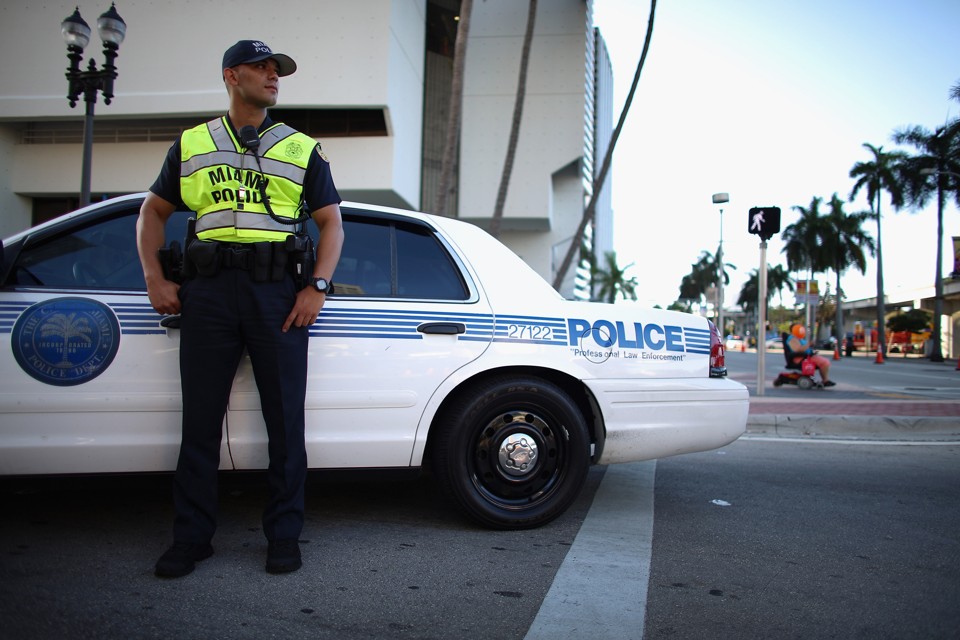(8-16-17) While many are enjoying vacations during the final days of summer, my good friend and one of the heroes in my book, Judge Steve Leifman, continues to push for ending costly and inappropriate incarceration of individuals with severe mental illnesses and abuse problems. This month, Judge Leifman joined Norman Ornstein in publishing an article in The Atlantic about CIT and jail diversion. At about the same time, the Miami Herald published a story about Judge Leifman’s continued efforts to turn Miami into a national model. Bravo Judge! Bravo!
How Mental-Health Training for Police Can Save Lives—and Taxpayer Dollars
But only if officials at all levels of government are willing to invest in it up front.

Since 2010, the City of Miami and Miami-Dade County police, have handled 71,628 mental health-related calls—but only have made only 138 arrests. Miami-Dade taxpayers were on the hook for millions of dollars from wrongful-death lawsuits; today, fatal shootings are down almost 90 percent. More than 20 percent of those in county jails had serious mental illnesses, costing many millions to keep them there. Recently, the decline in arrests and incarcerations enabled the county to close a jail and save taxpayers $12 million a year.
What changed?
A comprehensive program to structurally transform the way the community responded to people with mental illnesses.
Read the entire article here.
A mental-health facility 13 years in the making is one vote away from becoming reality
For Steven Leifman, this is a dream come true.
On Sept. 7, the Miami-Dade County Commission will vote whether or not to approve renovations to the building — formerly a facility for inmates who were too unfit to stand trial — to create a first in the country: A standalone treatment center for the mentally ill, especially those who have run afoul of the criminal justice system and would otherwise end up behind bars or on the street.
Leifman, a Miami-Dade county court judge who has spent much of his life working to change state laws for mentally ill inmates, will lead the effort to take the former South Florida Evaluation and Treatment Center and turn it into a state-of-the-art mental health diversion facility. If they meet certain criteria, people can be housed, treated, and taught to manage their illnesses and their lives.
Read the rest of the article here.



